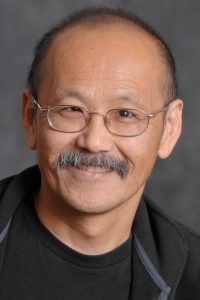Ong on Uncertain Future of Korean Dry Cleaners
Research by Paul Ong, director of the Center for Neighborhood Knowledge, is highlighted in a Los Angeles Times article focusing on COVID-19’s impact on Korean families involved in the dry cleaning businesses, which has struggled amid the pandemic. In 2015, Ong co-authored a paper that investigated ethnic mobilization among Korean dry cleaners in the United States. Starting in the 1970s, Korean immigrants welcomed one another into the dry cleaning business with loans, moral support and training. “The children are quite often at the business … it’s a way of supervising them in terms of their education,” the researchers wrote. During the pandemic, dry cleaners lost revenue because many customers moved to virtual work, and at least a quarter of these family-oriented businesses have closed because of the pandemic, according to a representative of the Korean Dry Cleaners & Laundry Assn. of Southern California.

